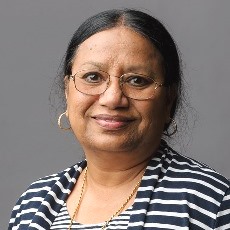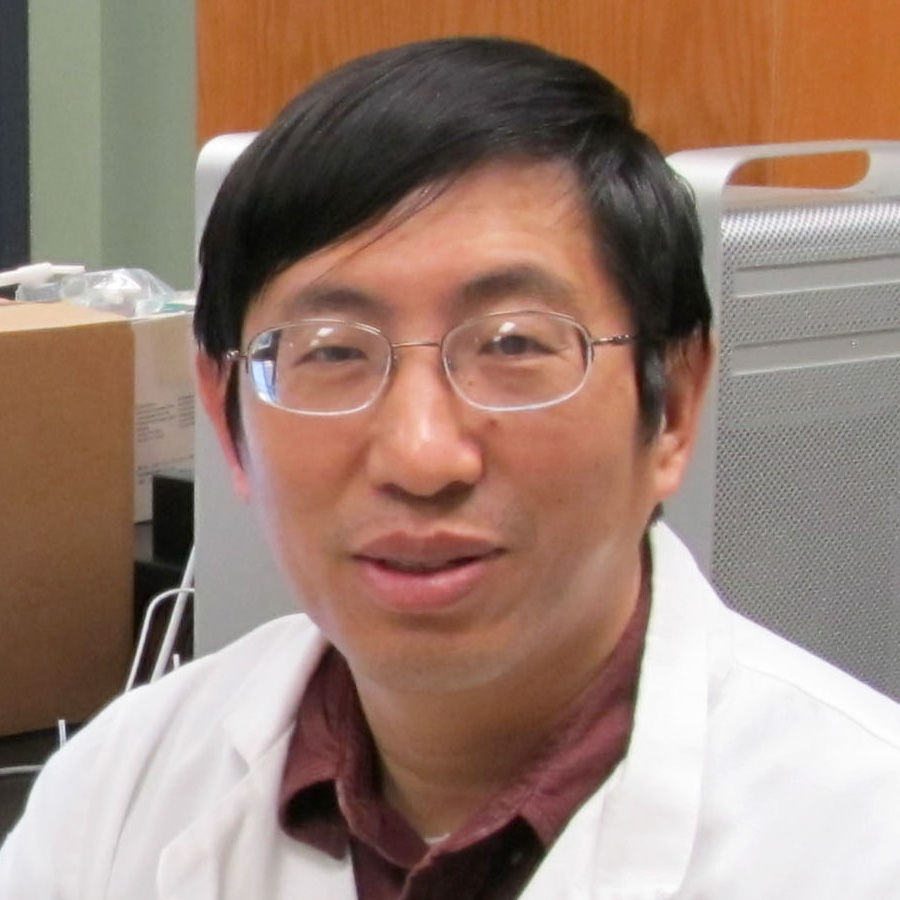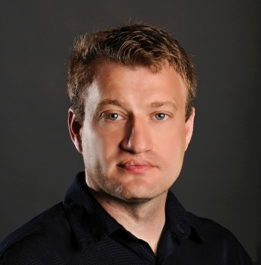Faculty Researchers Secure Major Funding from NSF
JONESBORO – A team of Arkansas State University faculty members have received funding from the National Science Foundation (NSF) to support their research during the next five years.
Dr. Brandon Kemp, Dr. Malathi Srivatsan and Dr. Shiguang Yu are participants in the project, which is funded by NSF's EPSCoR (Experimental Program to Stimulate Competitive Research) program. In Arkansas, EPSCoR funding is administered through the Arkansas Economic Development Commission's (AEDC) Division of Science and Technology, which announced the NSF funding that totals $20 million to 10 state institutions.
“I am so excited that we were successful in getting this funding," said Srivatsan, the campus lead for the project and assistant director of Arkansas Biosciences Institute. "In addition to the exciting, interdisciplinary collaborative research opportunity, this funding will help us to involve and train our undergraduate and graduate students in this cutting edge research here at A‑State."
The grant funding provides slightly more than $1 million for the research at A-State. In addition, the NSF funding will support directly four to six graduate students to perform research as part of the project.
AEDC leaders want to improve Arkansas’ research and development capability and competitiveness by creating a statewide Center for Advanced Surface Engineering (CASE) through collaboration of academic institutions and engagement of industry partners.
“This award will enable engineers and scientists to learn from each other and work together to find solutions through engineering and technology to address biological problems," Srivatsan continued. "The engineering and technology faculty will create surfaces in such a way that the same smart surface can do many functions, such as detecting and measuring optical properties, sensing and stimulating electrical activity, and providing attachment and growth factors with the capability of changing cell properties.
"Although material surfaces have been fabricated with one or two of these properties, surfaces with many functions that also enable the scientist to change these properties at will has not been done before and hence it is novel," she continued.
Since it is new research, the biologists working with the cells will keep providing the feedback to the engineering faculty to fine tune the surfaces they are fabricating to make it cell-friendly. This fine tuning or surface engineering will then help biologists to derive cells with desired properties.
"Dr. Yu and I will test and use the tunable nano matrices that will be fabricated to determine if they can mimic and outperform the extracellular matrix of developing brain to help produce neurons and glial cells of the nervous system," Srivatsan said. "Millions of patients suffer from permanent damage to their nervous system, either due to injury or neurodegenerative diseases."
By finding ways to obtain cells of desired properties in significant numbers, and also connect as well as communicate appropriately, their research is expected to lead to better understanding and help in the future research that can benefit patients suffering from conditions affecting the nervous system.
Dr. Kemp will create new modeling, simulation and computational tools to enable model-based surface design that will benefit the statewide cyberinfrastructure and research initiatives. Ultimately his research will help attract industry and thus contribute to economic growth of this region.
The statewide CASE research is expected to help advance manufacturing, agriculture, forestry, food packaging, and growing bio-nano industries identified in the Arkansas Science and Technology plan as important for Arkansas’ economic growth.
# # #








